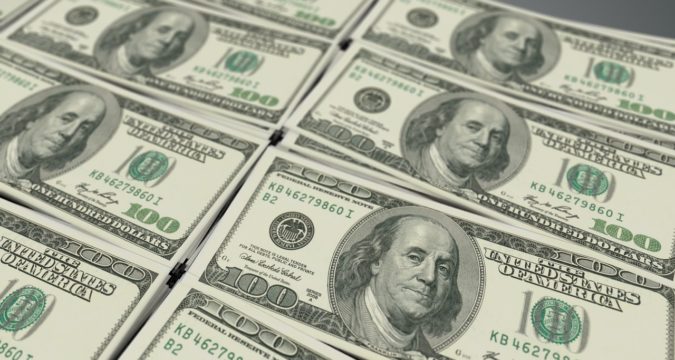
On Wednesday, the dollar index retained the recent gains it has made while the euro hit a nine-day low, as the global equity markets maintained caution due to diminishing hopes for a U.S. fiscal stimulus and a COVID-19 vaccine. On Tuesday, the rally seen in global equities began to run out of steam, and risk appetite also took a blow, with the dollar index reaching its biggest daily jump in the last three weeks. Johnson & Johnson announced that they had halted their clinical trials for a COVID-19 vaccine and Eli Lilly and Co had also paused their trials for an antibody treatment. Likewise, the U.S. trial by the British drugmaker AstraZeneca Plc has also been on hold for more than a month.
There were only small moves in the major currency pairs on Wednesday. The biggest movement seen in Early London trading was in the Sterling, which fell as low as $1.2865 in light of dimming hopes of a Brexit agreement. However, it soon made a recovery and reached $1.2950. The dollar index was flat on the day at 93.554, having risen briefly and then exceeded the highs of the previous session at 93.599. According to the industrial production data of the Eurozone, recovery had slowed down rather sharply in August in accordance with expectations.
Senior economists said that the small gains in August had indicated that the first couple of months of rapid recovery from the effects of the global lockdown have already come to pass. Now, the rebound effects are faltering and the emergence of second-wave, along with restrictive measures, is once again causing problems for businesses. The euro-dollar had declined by 0.1% on the day at 1046 GMT to reach 1.17360. Hopes of a new fiscal stimulus package in the United States have been dashed. Next week, the Senate will be voting for a targeted $500 billion aid bill that has already been rejected by the Democrats.
Some market strategists said that the lack of a clear driver ahead of the U.S. presidential elections has caused ‘angst’ and ‘ennui’ in the markets. Nonetheless, they are still expecting the Democrat candidate, Joe Biden, to emerge as the victor in the U.S. presidential elections and this will lead to additional fiscal stimulus. The fallout in the markets would be limited until the elections in hopes that Biden would legislate a massive fiscal stimulus once he emerges victorious in the elections.
The Swiss franc and the yen both rose by 0.1% against the dollar. However, there were still some remnants of risk appetite, as the New Zealand and Australian dollars also edged up. The former climbed by 0.3% to reach 0.6663 while the latter rose by 0.1% on the day to reach 0.71690. Considering how well China’s economy seems to be faring, it appears that both the Australian and New Zealand dollar is in good shape. The growth in China’s gross domestic product in the third quarter is expected to be higher than the previous quarter, as per an official of the People’s Bank of China.


